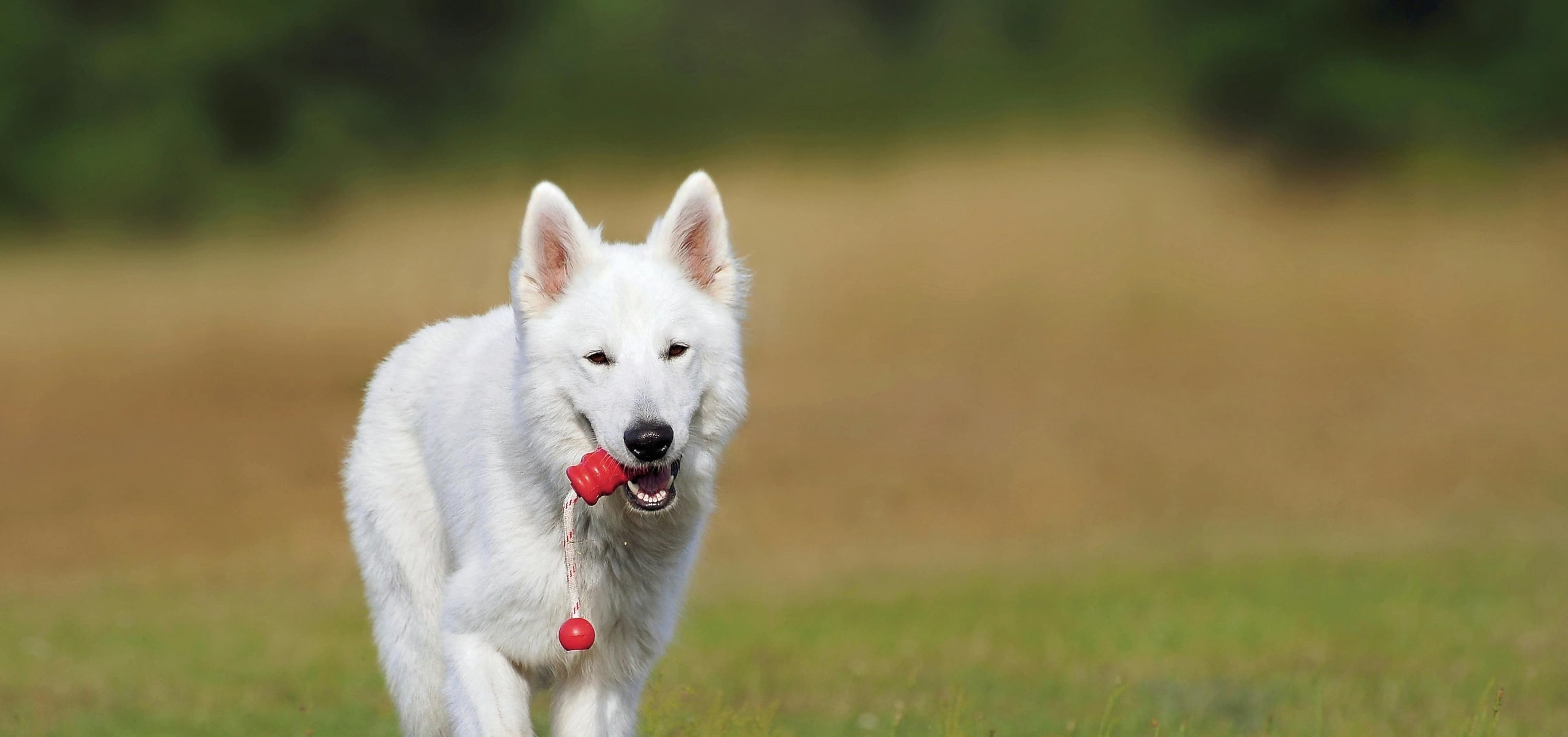Has your dog been munching on cat poop lately? If yes, you are not alone! Eating poop, which is also known as сoprophagy (сoprophagia) is a typical dog behavior.
But why do dogs eat cat poop? Well, puppies love to explore their surroundings and get a taste of everything they encounter. So, even when they grow up, they may consume stool for various reasons.
Let’s dive deeper into understanding the varied reasons for why dogs love eating cat poop so much and ways to prevent this behavior.
The Science Behind Why Dogs Eat Cat Poop
You may find your dog eating cat poop disgusting, but this is normal behavior in dogs as they are naturally scavengers and feast on anything with a strong smell and everything that is accessible to them, such as carpets, garbage, rocks, and their or other animal’s poop.
Cat poop that smells gross to you appeals to your canine companion since it smells like cat food to them. When cats and dogs live in the same house, the dog gets access to the cat poop, which often leads to your dog feasting on cat feces straight out of the cat's litter box.
Behavioral Reasons
There may be different behavioral reasons causing your dog to eat cat poop. Once started as canine exploration, eating cat poop can become a habit and a persistent one if not controlled timely. And so it could be one of the reasons your dog ate cat litter. The problem is now they enjoy eating cat poop and will continue devouring it even after knowing they are not supposed to.
You may have to work harder to break their poop-eating habit because every time they get access to cat poop is like getting rewarded for something they like.
Also, more often, dogs eat cat poop out of boredom, especially puppies. They explore their surroundings with their mouth and taste everything they see, even litter boxes. Playtime and exercise keep the dog busy, which reduces the chances of your dog developing coprophagy.
Stress is another reason your dog eats cat poop. Dogs typically turn to things they enjoy as puppies during periods of stress to lessen the feeling, which may include eating poop.
Medical Reasons
Your dog devouring cat poop can be the consequence of a medical reason. There may be an underlying condition that drives your canine friend to eat cat poop that you must rule out before you start training them against this behavior.
The most common reason for dogs eating cat poop is malnutrition, usually in dogs having meals with incomplete nutrients. It happens mostly when the dog is being fed a homemade diet.
Poor absorption of nutrients and intestinal parasites (roundworms, hookworms, and whipworms) can be causes of dogs eating cat poop. Also, when a senior dog suddenly starts eating stool, it can be due to cognitive dysfunction or diabetes.
Is Cat Poop Bad for Dogs?
Eating small amounts of feces may not harm dogs, but there are apprehensions about dogs eating another animal's stool. The cat may have intestinal parasites and harmful bacteria, such as Salmonella or E.coli, and your dog can contract these diseases.
Also, if the cat is on medication, the residues of the drug may still be in the cat’s feces, and your dog may consume it when they munch on the cat poop, which can affect the dog.
How to Prevent Your Dog From Eating Cat Poop
Keeping the dogs and litter boxes away can be challenging as this habit often becomes persistent and requires absolute patience to try different approaches.
Clean the Litter Box Often
One of the most effective approaches to prevent the dog from eating cat poop is to clean the cat’s litter box more frequently or immediately after the cat defecates. This way, the dog will not have access to cat poop to feast on.
Balance Your Dog’s Diet
More often, dogs eat poop to fulfill their nutritional needs, so make sure you are feeding them a balanced diet with all the nutrients, including fats, protein, carbohydrates, vitamins, and minerals. You can consult your veterinarian about their diet and incorporate their recommendation to improve your dog’s diet.
Positive Training Methods
Punishing your dog for eating cat poop can aggravate the situation, especially if your dog munches on feces due to stress. However, incorporating positive training methods is a great way to prevent your canine friend from eating cat poop.
You can learn positive training techniques from a professional trainer if you face difficulty training your dog.
Consider a Basket Muzzle
According to PetMD, a basket muzzle can also be an effective alternative to keep your dog away from the cat’s litter box if you have tried everything else. Basket muzzles let your dog drink, eat, and breathe, but not grab things like feces.
Keep Your Dog Busy
Keeping your dog busy with plenty of physical activities and playtime helps prevent them from scouring the cat’s litter box. Increased exercises and outdoor activities keep the dog entertained and tire them, which won’t let them cause any trouble in the house, especially raiding the litter boxes.
Conclusion
Averting your dog from eating cat poop can be taxing; however, with patience, consistency, and using positive reinforcement (rewarding your dog with treats or toys for desired behavior), you can keep your dog from diving into the cat’s litter box. Understanding and addressing the underlying causes of coprophagy in dogs helps prevent the behavior effectively.
Frequently Asked Questions
How to keep a dog out of the litter box?
You can keep the dog out of the cat litter box by getting a dog-proof cat litter box, cleaning the litter box frequently, keeping the litter box area gated, or placing it somewhere the dog cannot access.
Why are my dogs eating dog poop?
Dogs eat their poop for various reasons, such as anxiety or stress, to seek attention, intestinal parasites, malabsorption of nutrients, boredom, and more.



